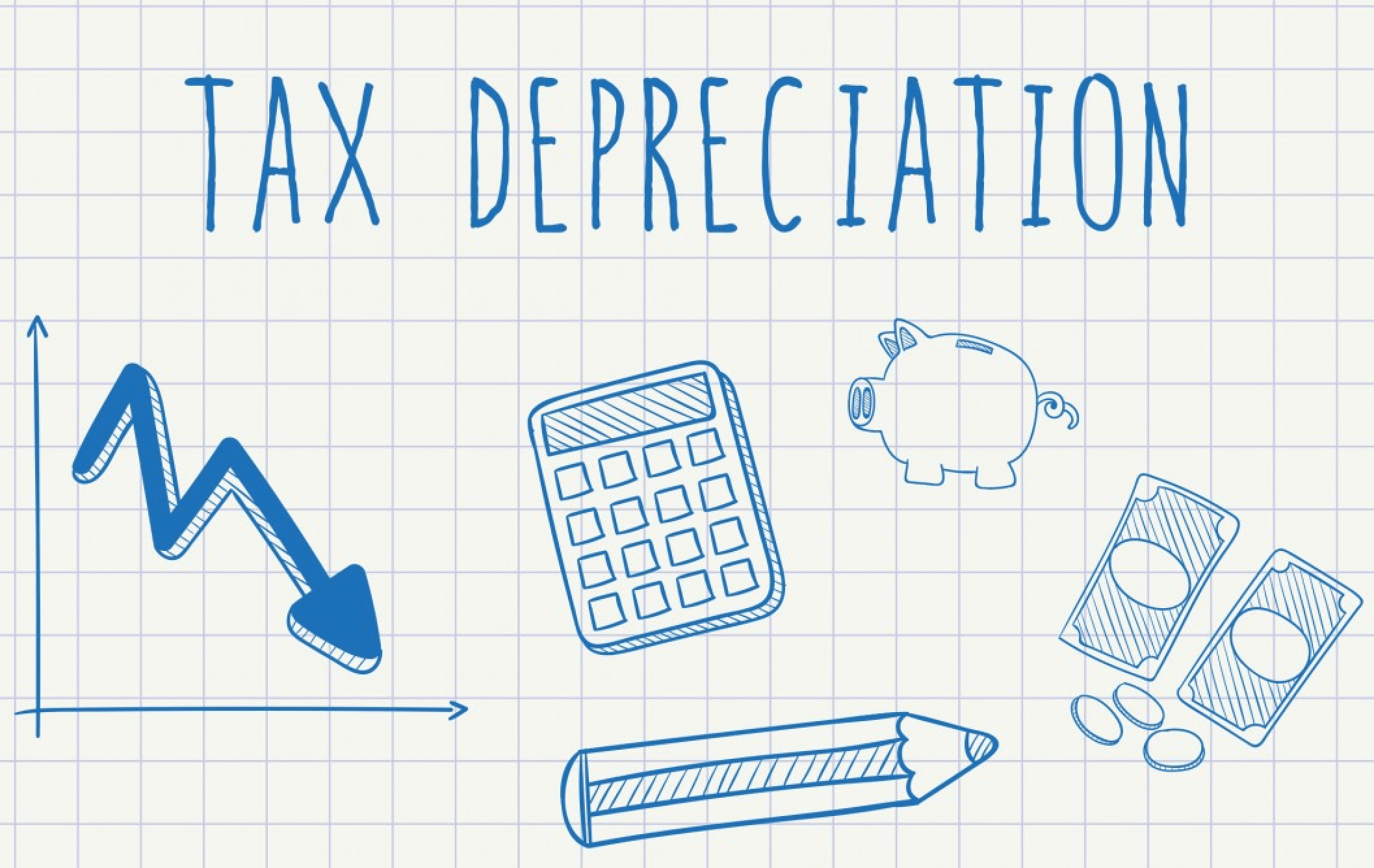Owning an investment property in Australia presents a host of opportunities for tax benefits, but many owners inadvertently leave money on the table.
A critical, often overlooked tool is the tax depreciation report. Now that you’re preparing your taxation details, it is the perfect time to understand the importance of this document and how it could potentially enhance your bottom line.
In essence, a tax depreciation report provides an accurate summary of the capital allowances and tax depreciation deductions available for a specific investment property. Prepared by a quantity surveyor, the report details the decline in value of the building's structure, fixtures, and fittings over time, and can significantly reduce your taxable income. Here are some advantages:
1. Maximise Tax Deductions
Each financial year, the Australian Tax Office (ATO) allows property investors to claim depreciation on both the property's building and the assets within it. These deductions account for the natural wear and tear of the property over time. The deductions vary depending on the property's age, type, and the assets it contains. A tax depreciation report ensures that you're claiming the maximum possible depreciation each year.
2. It's a Deductible Expense
Engaging a professional quantity surveyor to prepare a tax depreciation report comes with an initial cost. However, the good news is that the ATO recognises this cost as a fully deductible expense in the year it is incurred. This means the report not only helps you save money by maximising your depreciation claims, it also costs you nothing in the long term.
3. Valid for Many Years
Typically, a tax depreciation report provides a detailed schedule of deductions for up to 40 years. This means that a one-time investment in a quality report will benefit you for many years, ensuring you optimise your deductions throughout the lifetime of your investment.
4. Benefits Both New and Old Properties
While it's true that newer properties generally offer higher depreciation benefits due to the higher initial cost of building structures and assets, older properties can also yield significant deductions. Even if your property was built several decades ago, it's still worth getting a tax depreciation report. Upgrades, renovations, or simply the fixtures and fittings within the property can all be depreciated.
5. Depreciation Reports and Property Improvements
If you make improvements or renovations to your property, a new tax depreciation report can account for these changes and possibly increase your tax deductions. The report can capture the depreciating value of any new fixtures, fittings, or structural improvements, providing an accurate reflection of your updated investment.
6. Evidence for ATO
A comprehensive tax depreciation report provides a clear, detailed record of your depreciation claims, which is invaluable if the ATO queries your tax return. It serves as a concrete document that substantiates your depreciation claims, thereby giving you peace of mind.
In conclusion, a tax depreciation report is an indispensable tool for Australian property investors, helping maximise tax deductions and solidify the financial benefits of property investment. As you prepare your return, consider this valuable asset. The small initial outlay pales in comparison to the potential long-term savings, making it an investment well worth considering. To ensure you gain the maximum benefits, engage with a reputable quantity surveyor who has expertise in property tax depreciation. They'll tailor the report to your specific situation, optimising your deductions and ensuring you comply with all ATO regulations.




